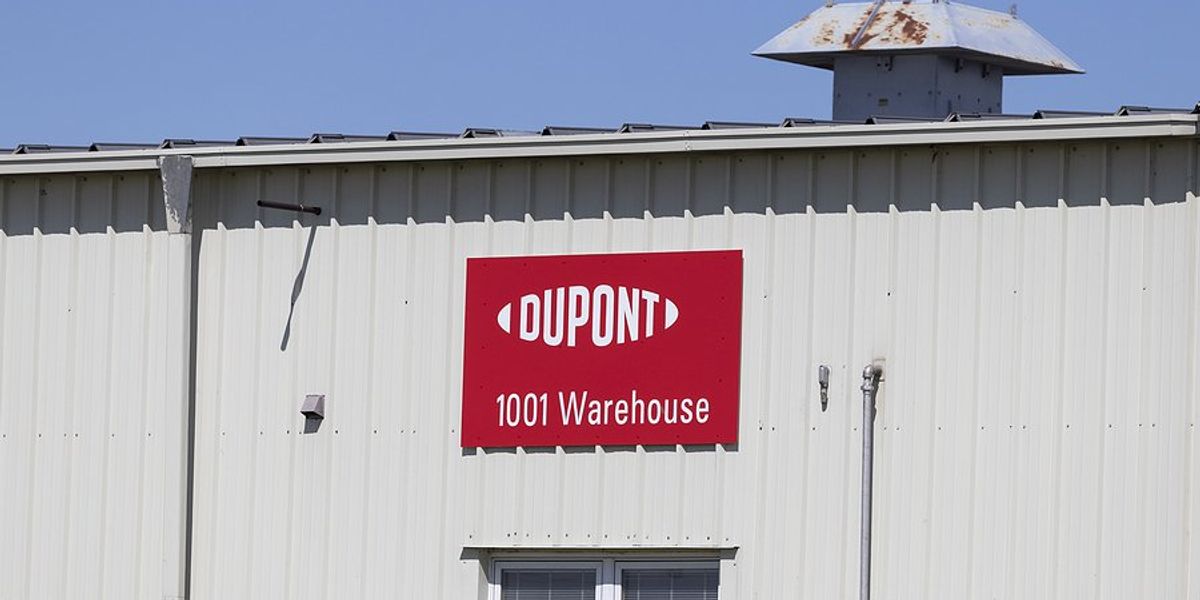
Clean energy rollback plan could threaten U.S. power reliability, industry warns
Republican efforts to slash clean energy tax credits could stall new power projects and strain the electric grid as artificial intelligence data centers ramp up demand, energy leaders told POLITICO’s Energy Summit.
James Bikales reports for POLITICO.
In short:
- The House-passed GOP megabill aims to repeal clean energy tax credits from the Inflation Reduction Act, but industry executives and former Republican officials argue the move could deter investment and delay projects critical to meeting rising electricity demand.
- Energy executives, including NextEra CEO John Ketchum, warned that taking wind and solar “off the table” would risk economic growth and U.S. competitiveness in the AI sector, since natural gas and nuclear plants won’t come online fast enough.
- Senators from both parties are calling for revisions to the bill’s credit phase-out structure and foreign investment restrictions, while former Federal Energy Regulatory Commission (FERC) leaders raised alarms about political interference threatening the commission’s independence.
Key quote:
“We can’t possibly win the AI race and keep energy reliable and affordable with only fossil fuels. We need every available electron.”
— Neil Chatterjee, former chair of the Federal Energy Regulatory Commission
Why this matters:
The U.S. power grid is under pressure from extreme weather, aging infrastructure, and now, a surge in demand from AI data centers. Clean energy sources like wind and solar, once considered supplemental, are now central to meeting this load without triggering blackouts or higher bills. Rolling back tax incentives risks chilling investment just as utilities and developers scale up projects to match the pace of new tech. It also signals uncertainty to markets already wary of abrupt policy shifts. And if federal agencies like FERC lose independence, regulatory whiplash could stall infrastructure decisions for years.
Learn more: Trump’s clean energy rollback puts U.S. manufacturers on edge













